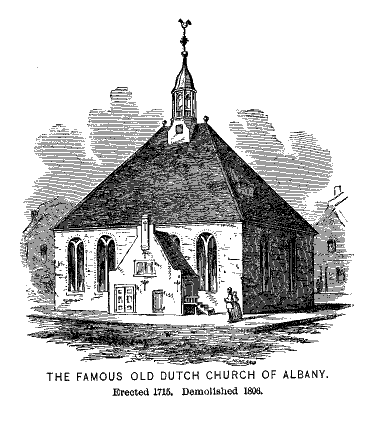
On a February evening in 1854, a gentleman by the name of William Kent stood before the Young Men’s Association of Albany and delivered his recollections of Albany, which he had left 30 years before, and to which he returned, in his estimation, a stranger.
As he described it,
“Albany, in the first decade of the present [that is, the 19th] century, was a quiet and quaint little town, which, in the intervals of the sittings of the legislature, when an unwonted bustle was introduced among us, Washington Irving would have loved to describe . . .
It was then an isolated town. Schenectady lay a day’s journey distant, over the sandhills. Greenbush, a little hamlet, was visited with difficulty, and rarely visited at all; while Bath, our nearest neighbor, was a mystery to us all, and remains to me a mystery still.”
So bashing of what would become the city of Rensselaer is nothing new.
“We knew that a road led through it to Sand Lake, which we heard of as one hears of Lake Tchad or Lake Baikal, in Africa and Asia, and I confess my notions of its locality are scarcely more precise now. “
At the age of seven or eight, he went on an excursion to Bath, “determined to see, close at hand, the storehouse and buildings, which I had gazed at so often from the right bank of the river; and I well remember finding, when I reached the centre of that commercial emporium, as I have too often since found in life, that distance had lent the enchantment. “
Back to Albany, where the “dominant characteristics of architecture, manners, and even language, were those of Holland. Emigrants had indeed come among us; and the Yankees, of course, were not absent. I myself came from that nomadic and interloping race . . . But the high places in our city were conceded to, and incontestably held by the Dutch. They were the lauded
aristocracy. Their villas overhung our hilltops.” Speaking of the descendant of the Patroon, van Rensselaer, Kent said, “He was the last survivor of expiring feudality; and never did its representative better entitle himself to affection and respect by an unassuming deportment, unobtrusive charity, the discreet exercise of the influence of his station, and all the virtues of domestic life.”

Leave a Reply